The birth of a baby is an unforgettable moment this new baby brings a new member to the family. However, this new family configuration can sometimes prove to be more complicated and less intuitive than expected. Don't worry, you're not born a parent, you become one! In this article, we introduce you to some educational approaches as well as a series of books that will help the whole family find its place in the great adventure of parenthood.

The first few days with baby are marked by resting, breastfeeding - or bottle-feeding - and visits to the pediatrician. We pay particular attention to the weight and health of the baby in the first few weeks. Home visits by a midwife help us to keep an eye on the baby's health and development.
In the first few months, we watch for key developmental milestones: the number of hours of sleep, the first smile, bath times, body movements, such as baby turning around, sitting up, first steps and first words. They are all wonder moments.
Then comes the time, when we'll set up a family rhythm and organize our free time in such a way as to introduce baby to the outside world, in order to encourage his autonomy and make it easier for him to interact with others around him.
In the first years of life, the greenhouses (e.g. le Cerf-volant in Plainpalais, the Maisonnée in Morges, and the Nacelle in Nyon) are places for parents and children to meet. They are based on the philosophy of Françoise Dolto, a psychoanalyst and pediatrician, who places the child's autonomy at the center and insists on preparing as well as possible for the separation of the little ones from their parents when they return to work. She has written many valuable books including La cause des enfants, Lorsque l'enfant paraît and Tout est langage.
The carers are available and attentive to the toddlers' behaviour. They are also attentive to the many and varied questions that parents ask themselves.
In Geneva, it is also important to mention the mother-child center at the Brazelton center. Dr. Brazelton is an internationally renowned pediatrician, a Harvard graduate who insists on the role of the child in parent-child relationships. If you prefer a more psychological approach, Anne Baccus, an early childhood specialist, has written interesting, more pragmatic books such as Votre enfant de 1 à 3 ans.
As a parent, you realize relatively quickly that after managing the daily rhythm and health of your baby, understanding emotions is key.
Indeed, it is often difficult to distinguish the nature of the different cries and to understand what's going on not only in your little one's head, but also in their little heart.
Isabelle Filliozat is the author of Il n'y a pas de parents parfaits, J'ai tout essayé, Il me cherche, and many others. These books allow us to understand a multitude of behaviors and to find various methods to deal with them. There are also workshops in the French-speaking part of Switzerland based on this pedagogy.
The kimochis are also workshops that help to understand how emotions feed behaviors and which feelings translate through which behaviors with the help of stuffed animal toys.
Based on the model of mindfulness, there are workshops for children called " my magic moment " to develop confidence, tame emotions, and find happiness! Several ambassadors organize events in the French-speaking part of Switzerland.
As you can see, there are a plethora of avenues to explore to find your way as a parent. Books can be used for theoretical input on the main areas of child development, as well as more body language, intense exchanges between parents around a workshop, or going to a center with professionals for support.
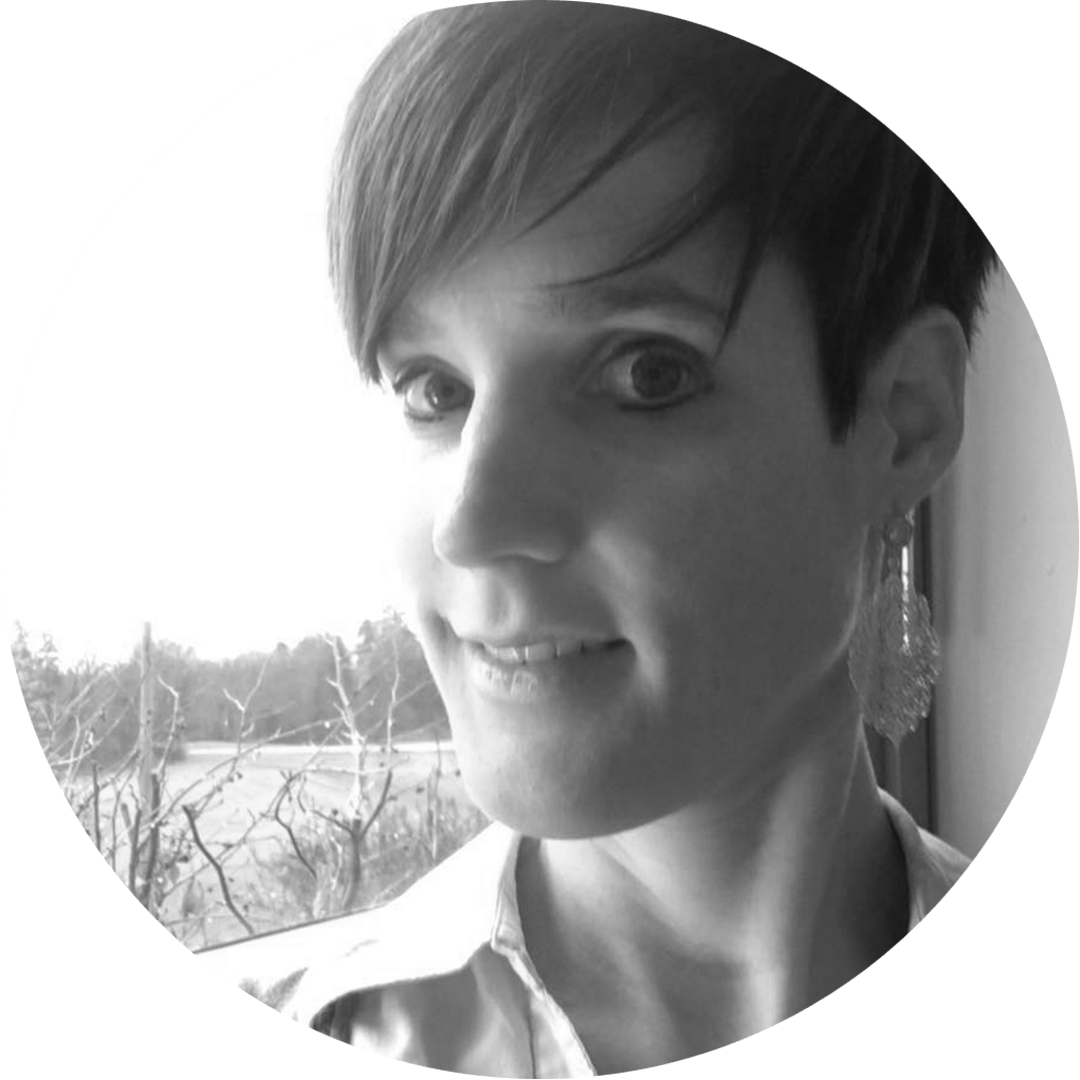

Céline Racine
Writer for MotherStories - Kids & Family
Working Mom of a 4-year-old daughter.
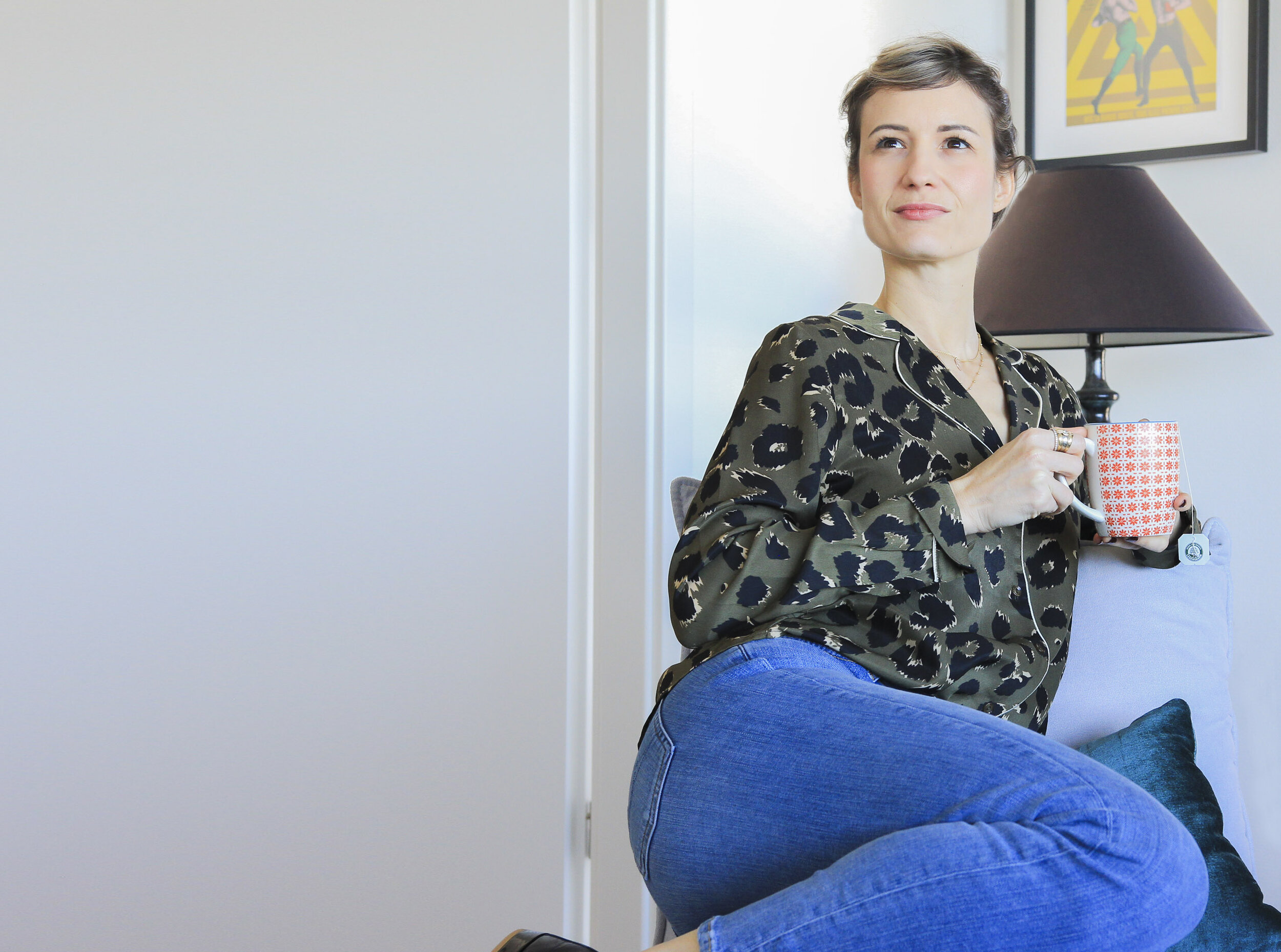
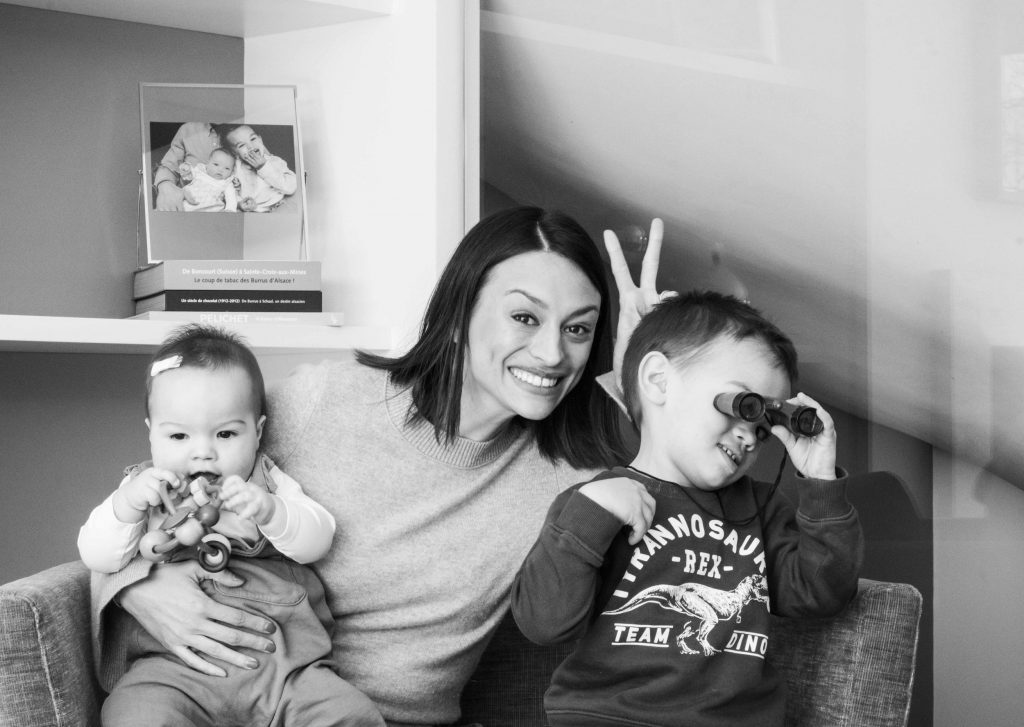
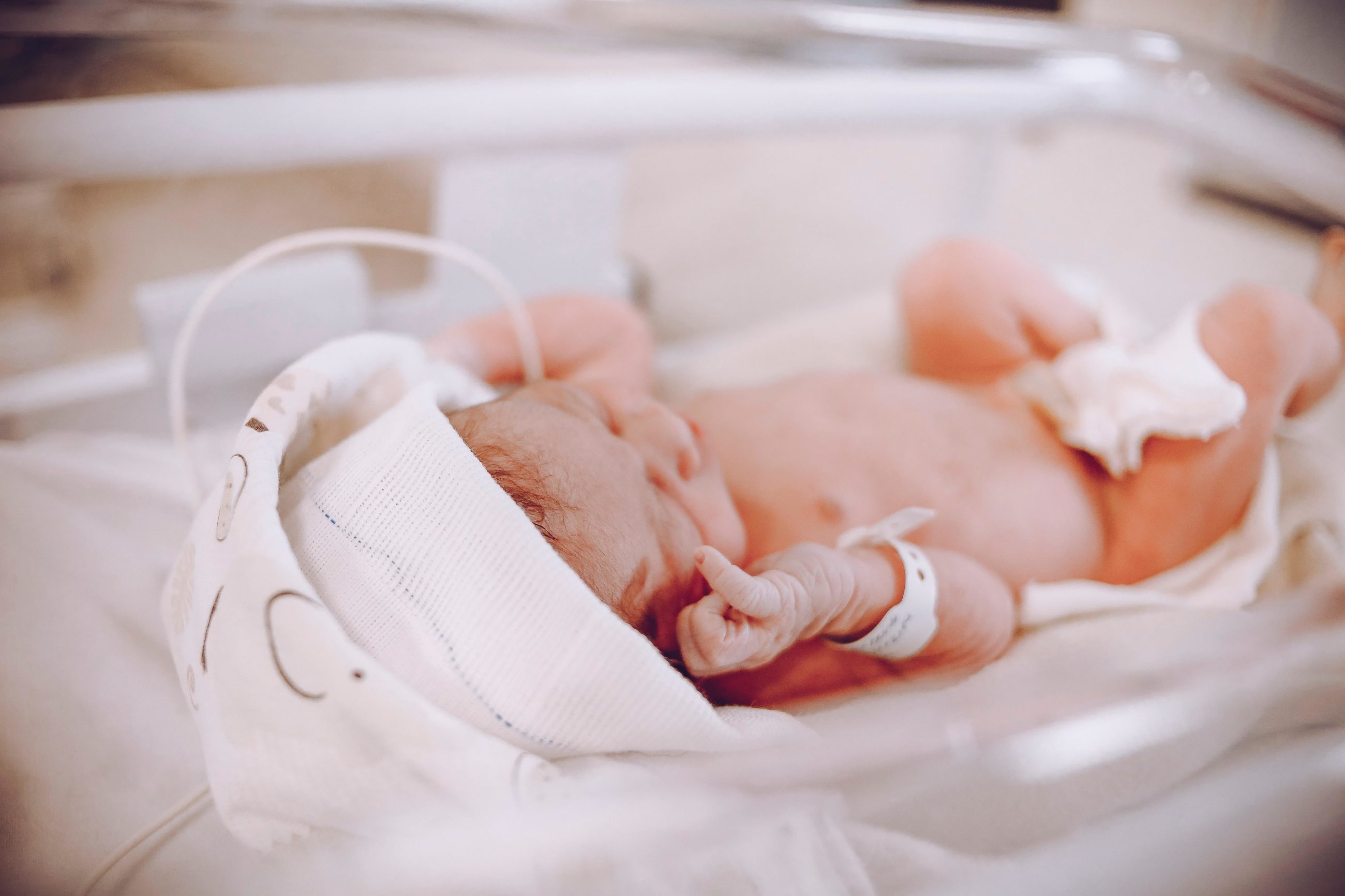
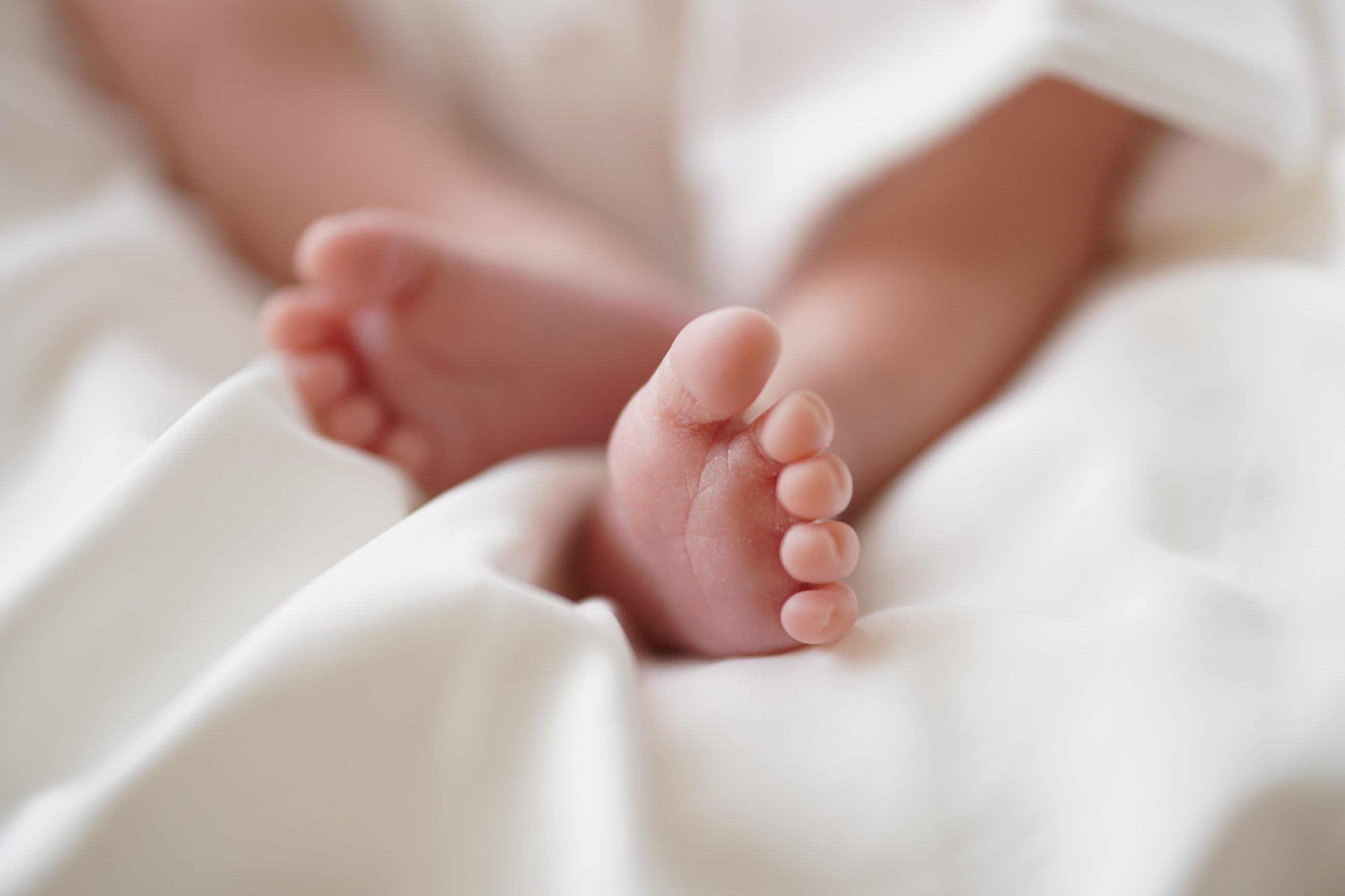
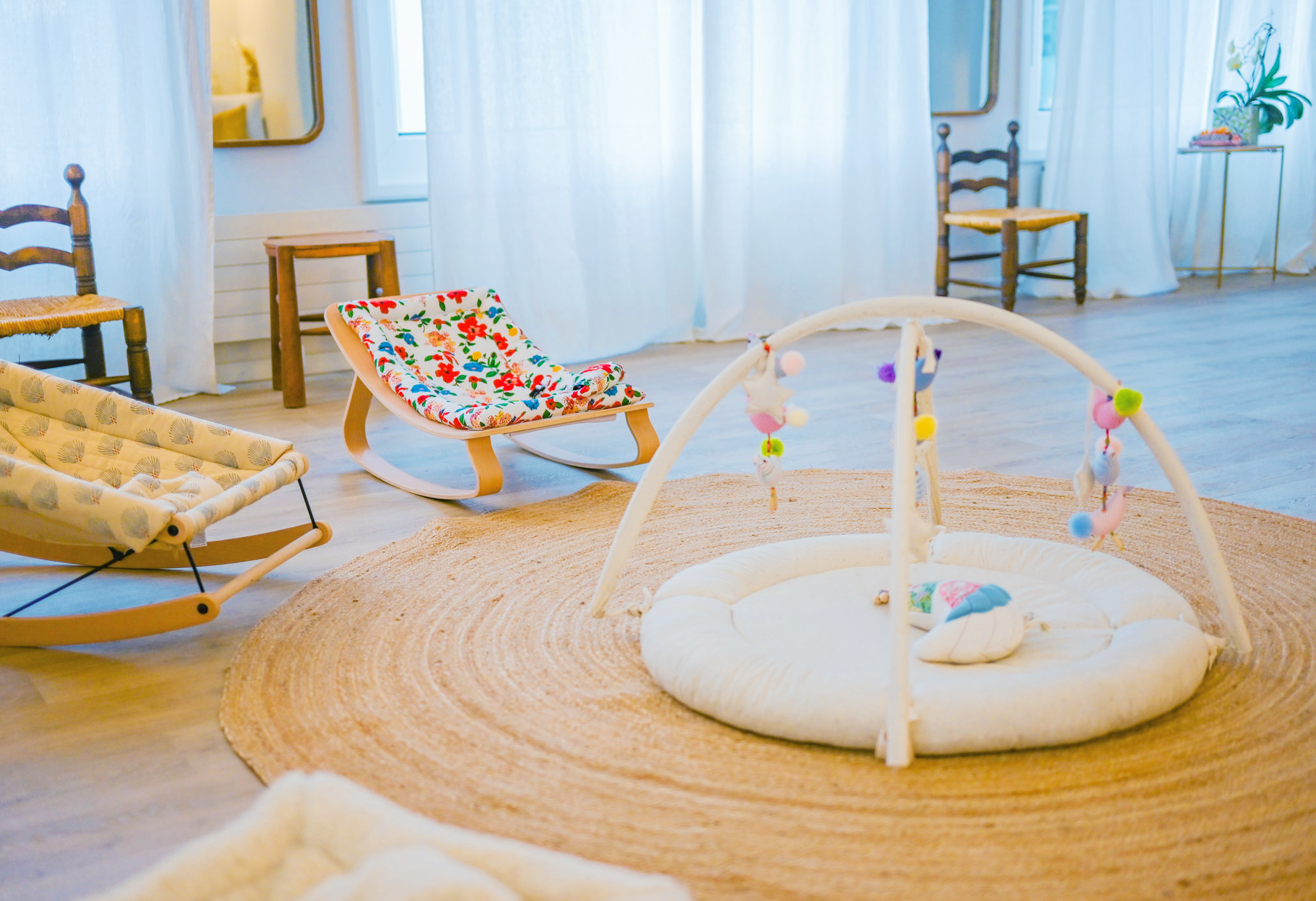
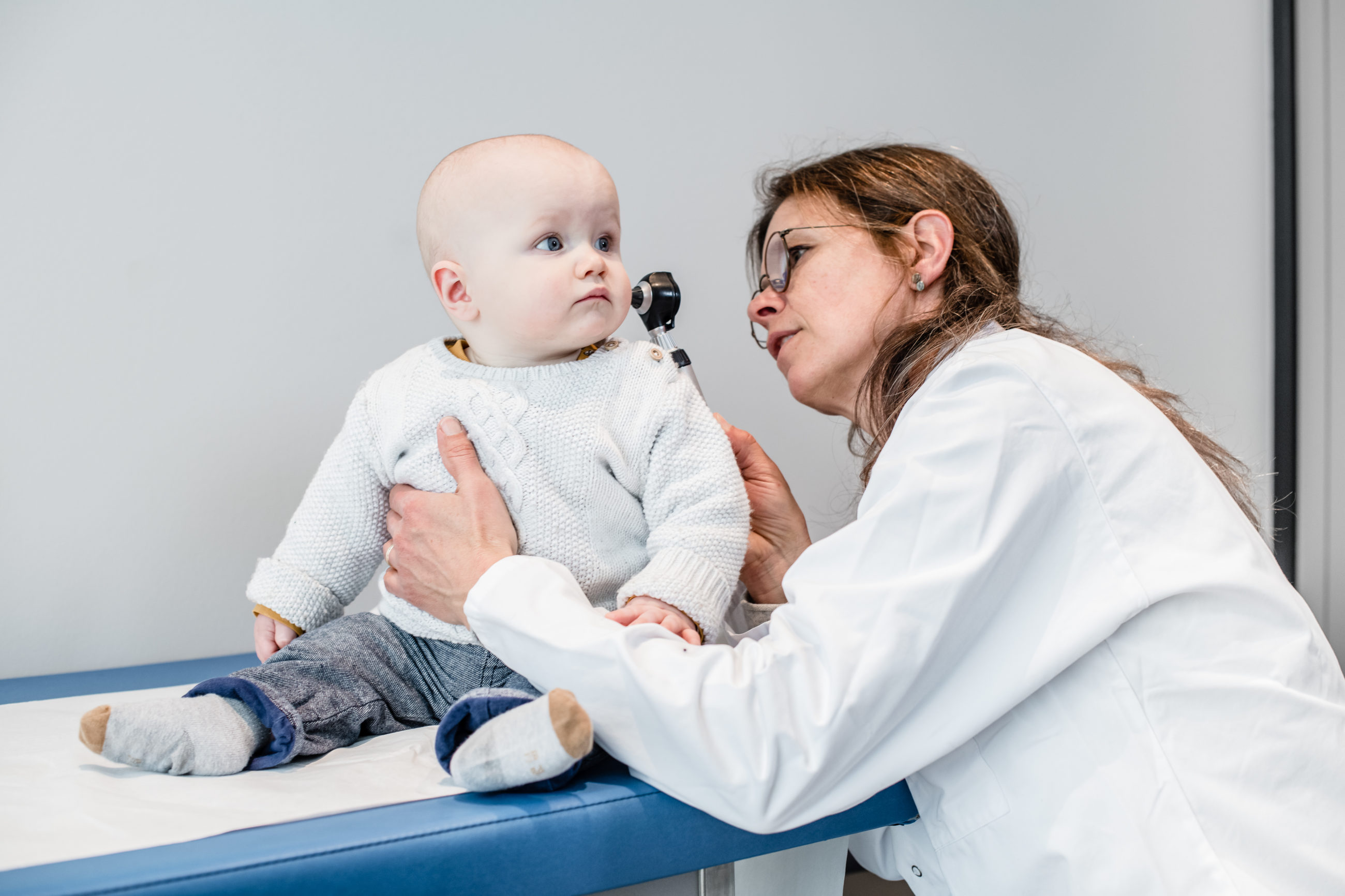
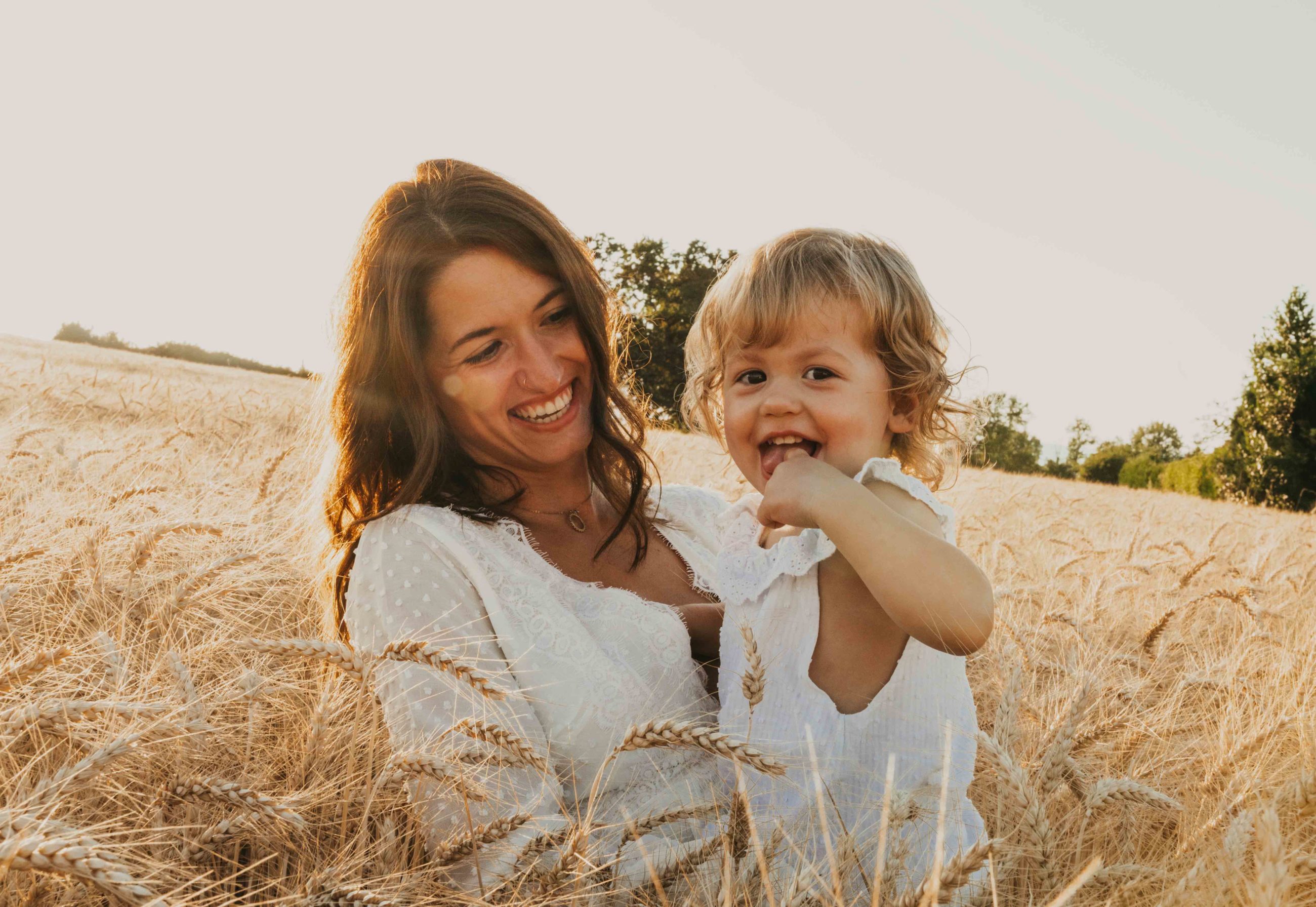
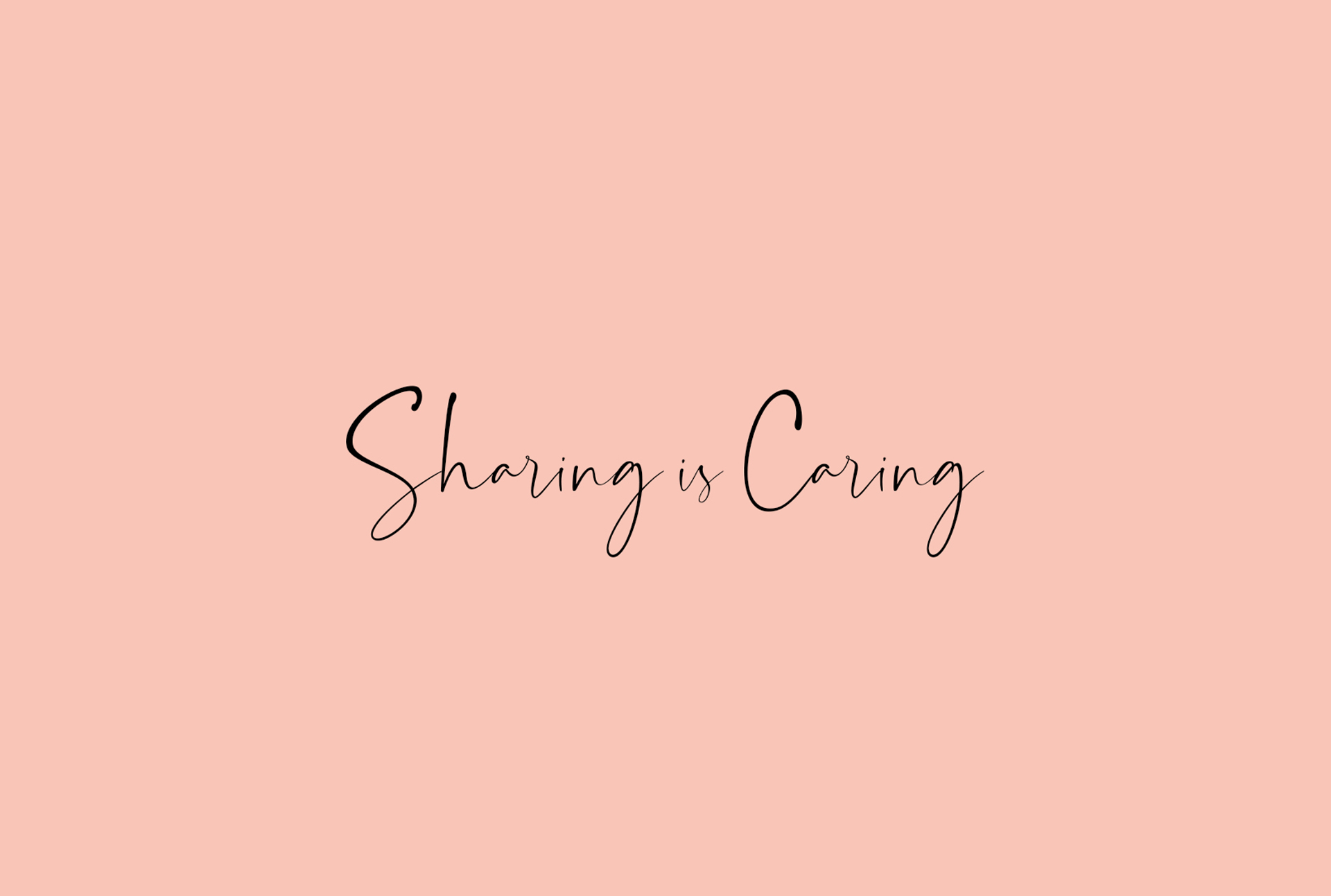
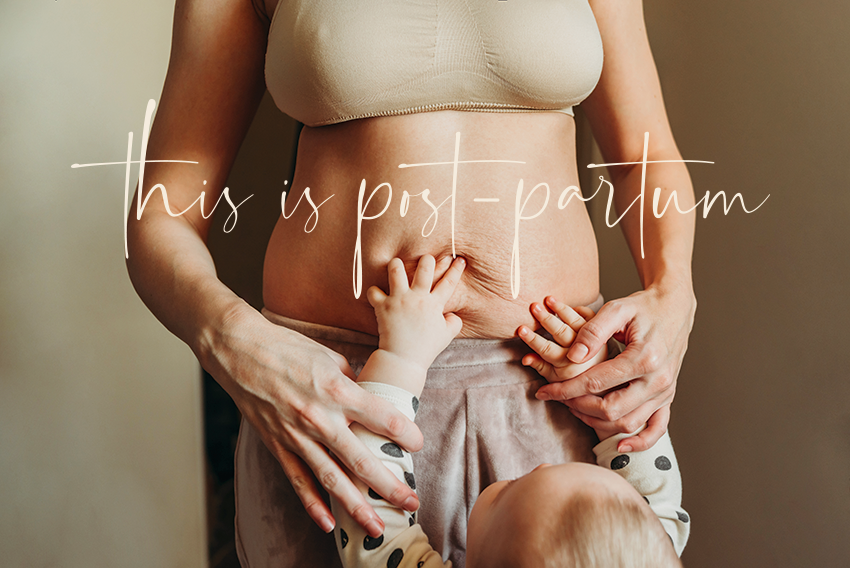



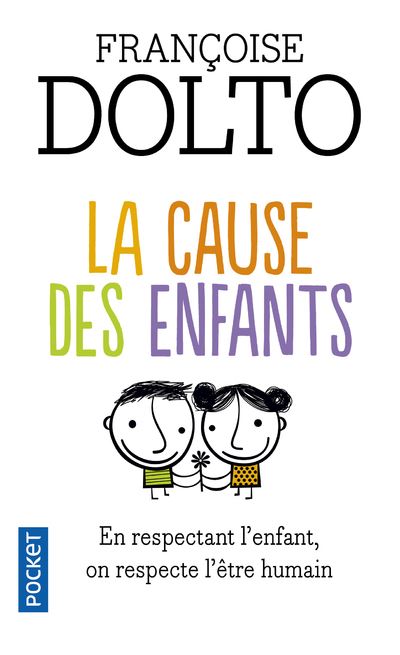
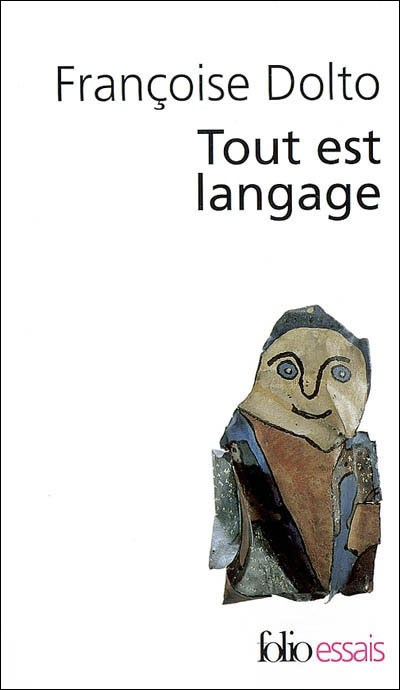
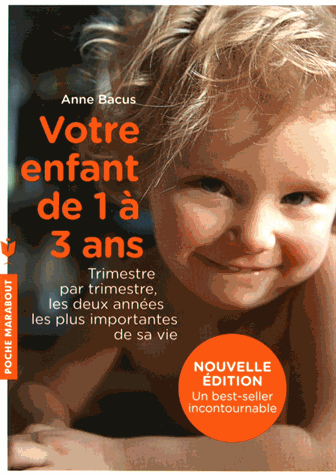
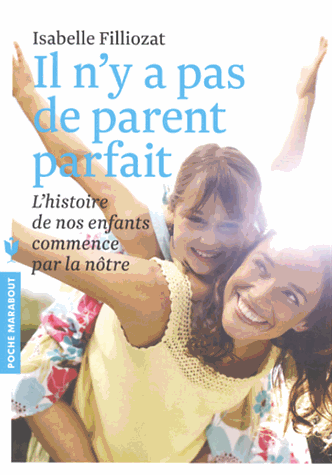
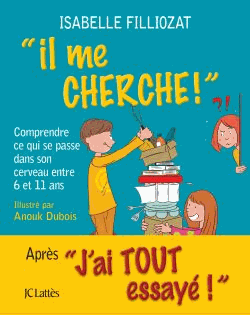
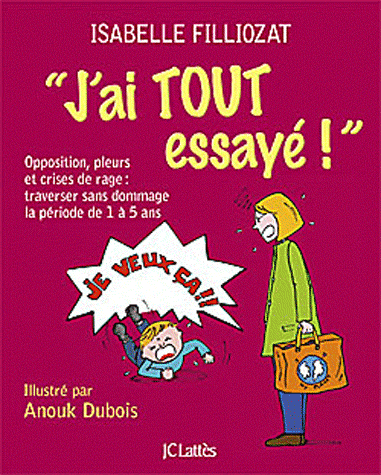
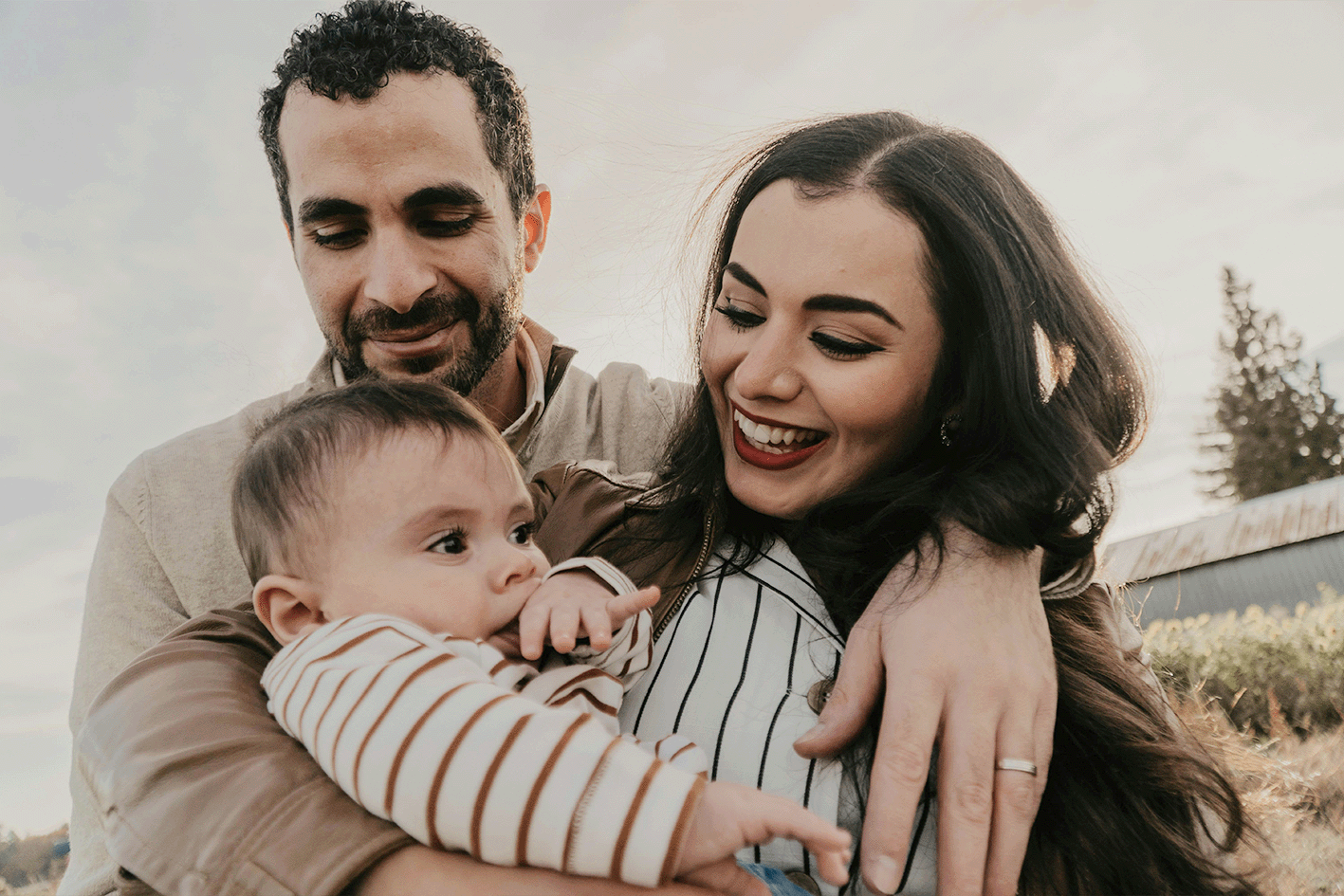
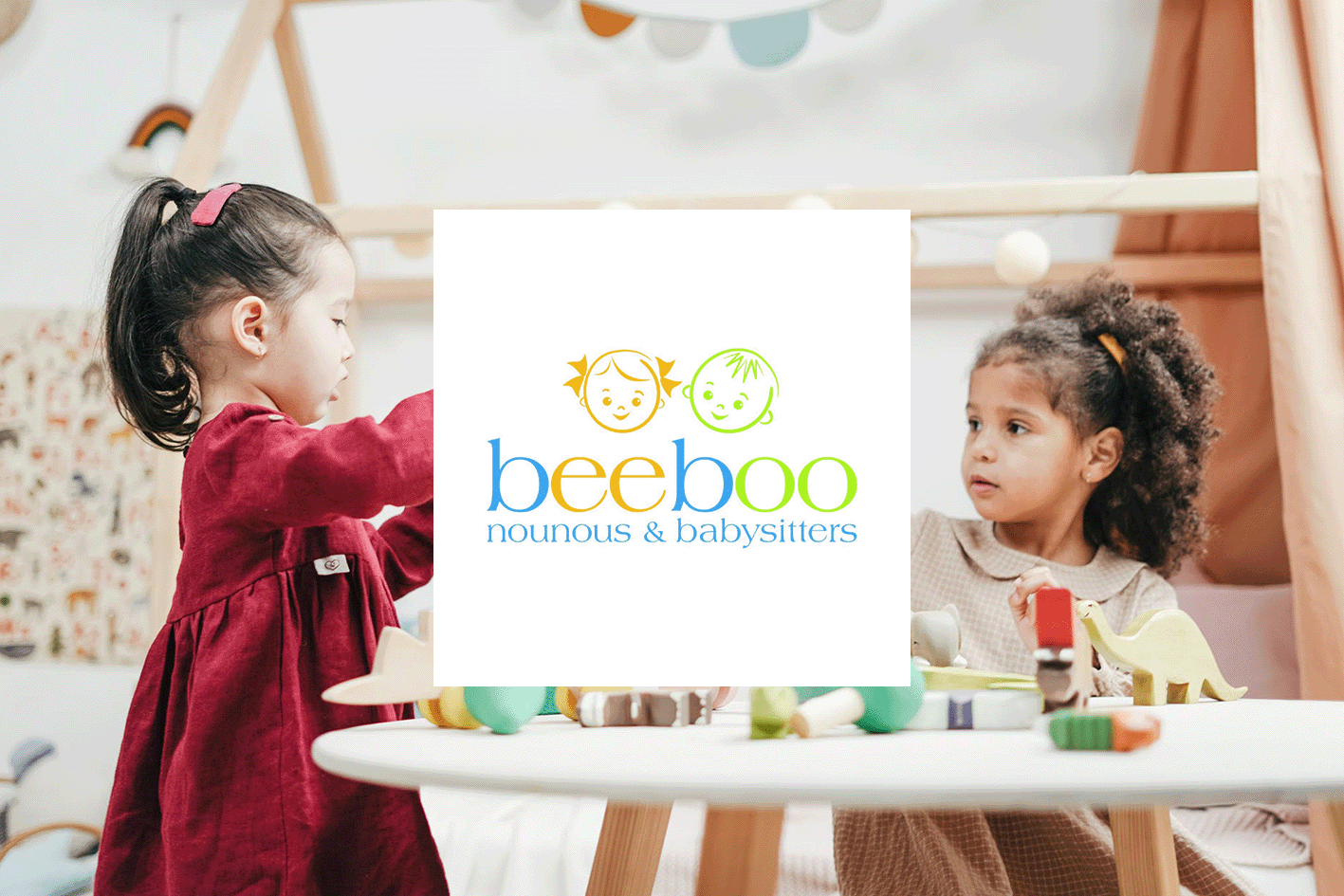

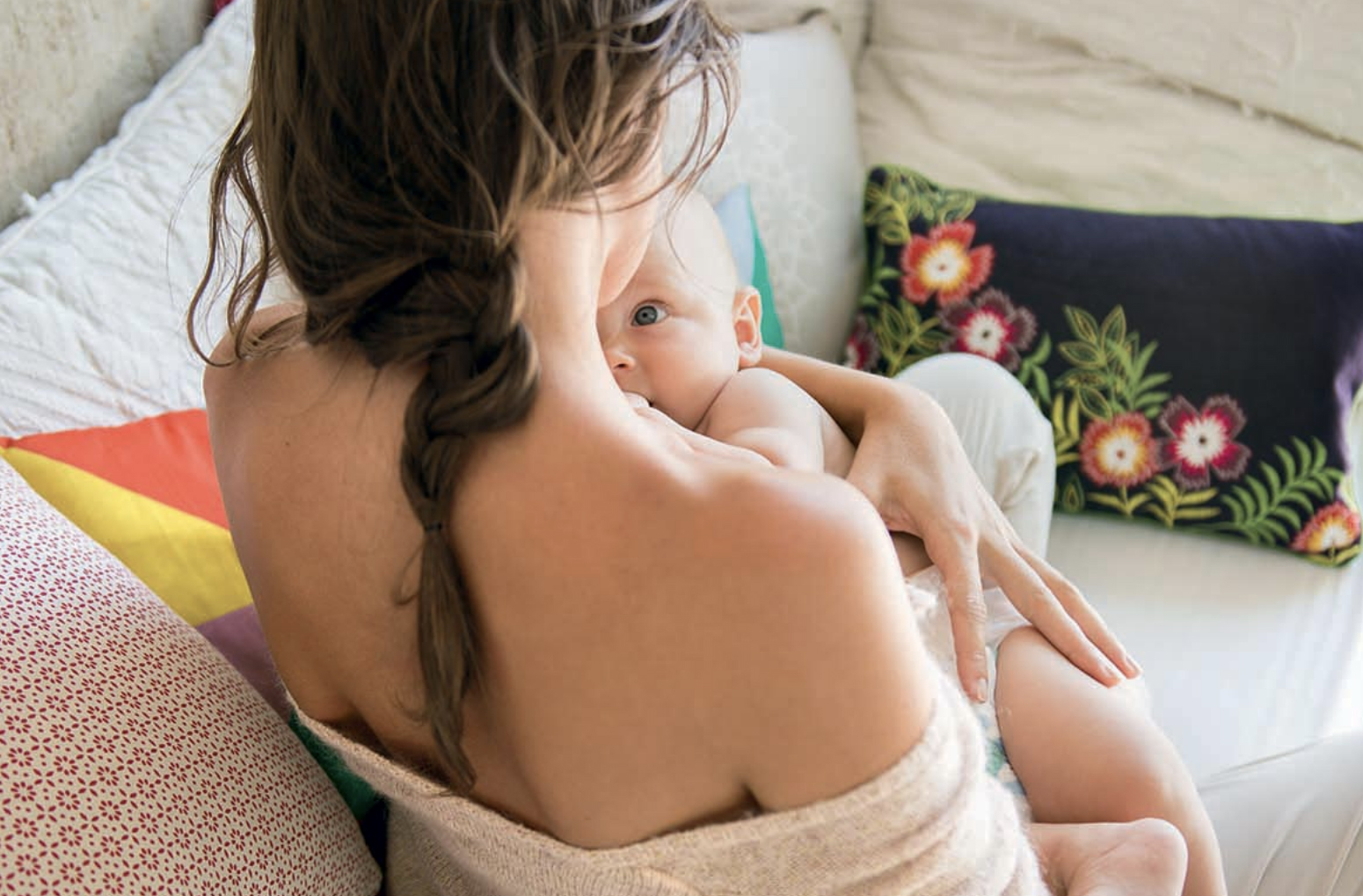


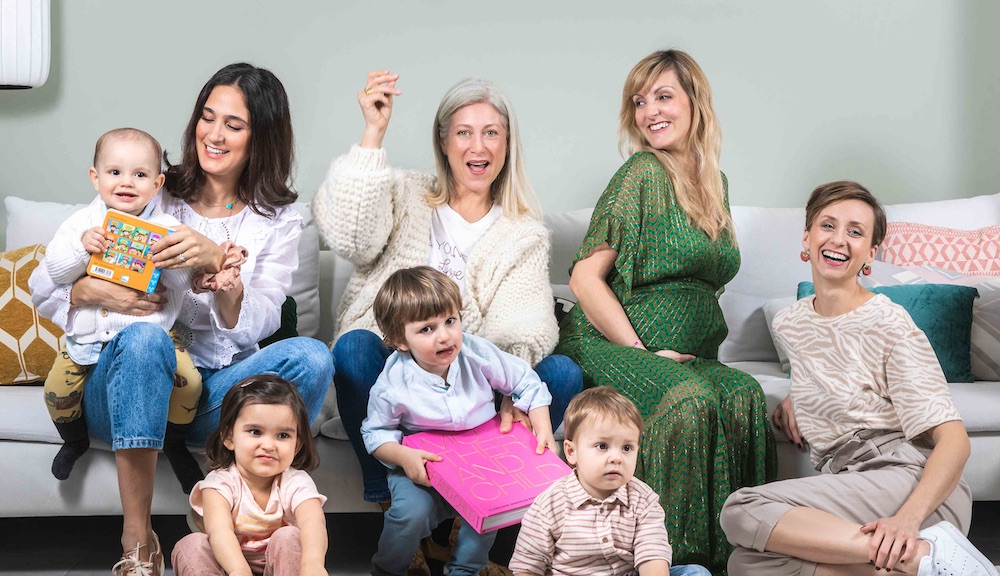


Share this article